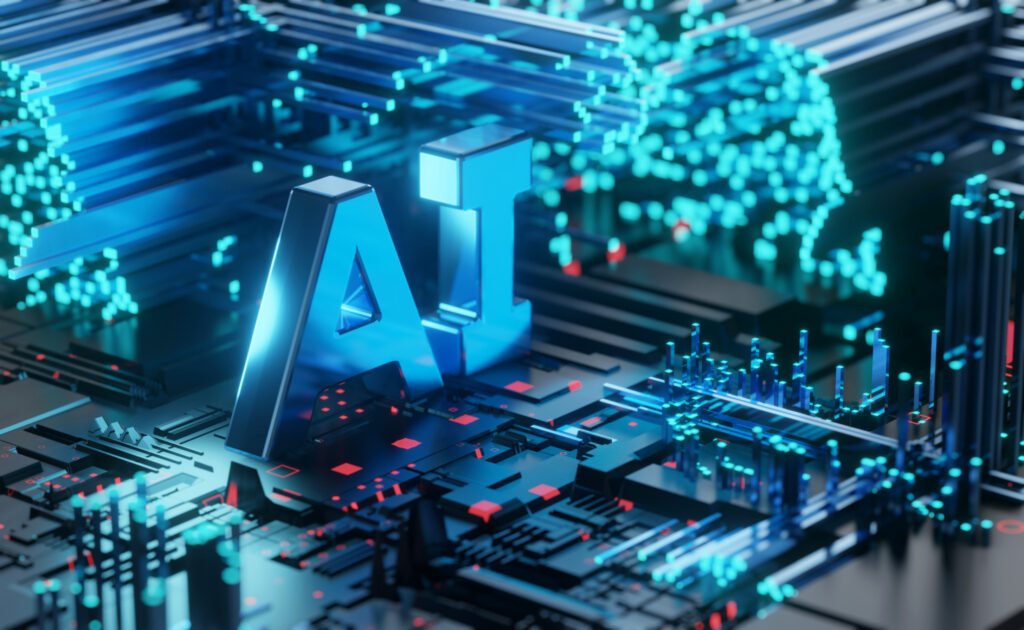AI stands to benefit drivers and eliminate archaic pay methods
We here at TruckNews.com, have been spending a lot of time thinking about artificial intelligence (AI) lately. And no, not because journalism is one of the jobs often cited as most likely to be replaced by AI. This isn’t about us, after all, it’s about you. And AI has the potential to transform the trucking industry and potentially for the better.
AI will play a role in automating driving, to be sure, but will it ever fully replace the driver in the cab? Maybe eventually, in some environments, on some lanes, in some circumstances. But I’ve yet to see a valid theory on how an autonomous truck enabled by AI will be able to respond to emergency vehicles, place out cones in the event of a roadside breakdown, or protect cargo from thieves who need do nothing more than park in front of a truck to bring it to a stop before plundering the trailer or cargo area.

In the short-term, and even medium-term future, AI won’t be replacing drivers. But it has the potential to greatly improve working conditions and even compensation for professional drivers, who will continue to be needed in the cab as the caretaker of the freight they’re delivering.
Two possibilities excite me the most. One is the ability for AI to help fleet maintenance managers anticipate breakdowns and significantly reduce downtime. AI engines populated with sensor-generated data from hundreds of thousands of trucks will be able to accurately predict breakdowns, allowing fleets to be more predictive with their parts replacement cycles and maintenance, ensuring drivers spend more time driving and less time sitting in a dealership driver lounge or hotel room, if they should be so fortunate to be provided with one.
AI in the shop
The days of having identical PM schedules and service intervals across an entire fleet of trucks will be gone. AI will know how a truck has been operated, its routes and duty cycles, even the manner in which it has been driven. Each truck’s specific idle time will help shape service intervals. You name it.
It will know when similar trucks operated in a similar manner required, for instance, a replacement alternator. Maintenance managers will be able to confidently replace that alternator during a scheduled visit to the shop rather than incur the expense of a tow and a repair at an unfamiliar shop, while a frustrated driver misses their kid’s birthday and seeks another job.
Moreover, AI will bring an end to archaic mileage-based pay. Already, there are platforms out there collecting data on the routes trucks run. When enough such data is collected, AI will be able to calculate precise transit times. Fleets will be able to provide receivers with more accurate delivery windows and better on-time performance.
AI and pay
Operations and dispatch will be able to compare transit times based on various departure times. The AI engine will take into account routes, payloads, traffic patterns and even anticipate weather conditions, all based on millions of loads shipped by thousands of carriers.
No more sending a driver out with a load only to hit Toronto rush hour a few hours into their day, where they sit for several hours with the wheels barely moving, frustrations mounting as their valuable drive time wiles away with little to show in the way of compensation. Sitting in traffic is frustrating enough when you’re being paid for your time, let alone when you are doing it virtually for free.
Fleets will no longer have an excuse to pay by the mile when they can easily make decisions based on reliable data collected from a vast population of trucks. Drivers’ time will be better utilized. They’ll be more fairly paid for their time and the work they do. Unpredictable one-off incidents such as crashes will be easier to deal with and compensate for. Drivers will want to work for the fleets that take advantage of these AI-driven opportunities.
Yes, AI can be scary and may some day replace aspects of a driver’s job. But in the meantime, it has the potential to make them more productive and profitable, and to eliminate many of their greatest pain points – sitting in traffic or at roadside while awaiting a tow.
I feel strongly that professional drivers stand to benefit from AI and shouldn’t feel threatened by it. Journalists, on the other hand…well, at least I’ll always have that A/Z licence in my wallet!
Have your say
This is a moderated forum. Comments will no longer be published unless they are accompanied by a first and last name and a verifiable email address. (Today's Trucking will not publish or share the email address.) Profane language and content deemed to be libelous, racist, or threatening in nature will not be published under any circumstances.